How many of you find yourself rushing around and it’s causing you stress and pain? And if you already have pain, does it add to your pain? Are you trying to accomplish a dozen things at once and don’t give your body and mind a chance to rest and recuperate?
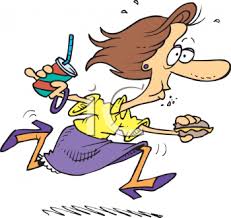
I talk with many people every day and many of whom fall into this category, with me being one of them. I think it’s important that we all think more about what we are rushing around doing all day and what it’s doing to our health, particularly if your nervous system is already in a ramped up state because of a physical health condition or if you are someone who experiences anxiety and perhaps panic attacks, and problems with impulse control (impulse control meaning not being able to stop ourselves from engaging in certain behaviors or experiencing certain emotions, such as over-eating, over-working, drinking, gambling, venting anger at inappropriate times, etc.).
If you are hypervigilant about the way you live, I hope this article helps, for when we do not treat ourselves with loving kindness and care, we are being self-destructive which keeps us on the metaphoric hamster wheel of a life that can seem like constant system overload. A hypervigilant mind keeps us from remembering that not everything has to be done at this very moment. Very few things are truly that important. Everything can wait. The problem is that when we are hypervigilant, adrenaline (a stress hormone) increases. This then increases the feeling that we need to keep moving, which is really an illusion, turning into a vicious cycle where the body and mind are over-worked… meaning more pain.
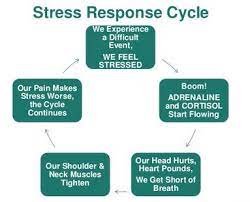
The past 20 years I have lived with dystonia, a life changing, painful neurological movement disorder. I have had to dramatically change my lifestyle to help manage my symptoms, which I have learned to be pretty good at (you can learn more about this in my 2 books, Diagnosis Dystonia: Navigating the Journey and Beyond Pain and Suffering: Adapting to Adversity and Life challenges). For the past seven or so years, I have also been dealing with a problem with my ear that causes a host of uncomfortable symptoms from vertigo (not so much spinning vertigo as just mild to severe off balance) to the feeling of a butterfly flapping its wings in my ear, fullness, pain, among other things that can tend to drive me a bit crazy. I have been to many doctors and had many tests, none of which revealed anything other than nerve damage and hearing loss (not Meniere’s, nor BPPV where the crystals in the inner ear are dislodged, or inner ear infection, or anything similar). Nothing has been found to account for the other symptoms, which can actually be more debilitating and limiting than the pain from dystonia.

This is the most chronic it has been in a very long time, so I have another appointment to see a new doctor. Until then, and since my last appointment years ago that revealed nothing, I manage the symptoms on my own doing different things all day. The past few weeks have been quite miserable, which is what prompted me to write this article.
Due to the nature of my symptoms, I made a concerted effort to slow down, something I ALWAYS have to do for my dystonia, but this is a new added level of slowing down on top of what I already do. I purposely spent the last week doing everything about half speed than I normally would. Half speed meaning not allowing my body to move quickly from one place to another (even if that is from one room in my house to another), I pick things up off the floor more slowly and thoughtfully (bending over is one of my dizziness, ear flapping triggers), I quieted my mind more, and I focused more on my breath and I REALLY focused more on my reaction to frustrating things. I allowed them to bounce off me rather than get irritated. I also set up some boundaries with how much time I spent communicating with others on the phone talking, texting, etc. I needed to rest my eyes, my voice, and mind.
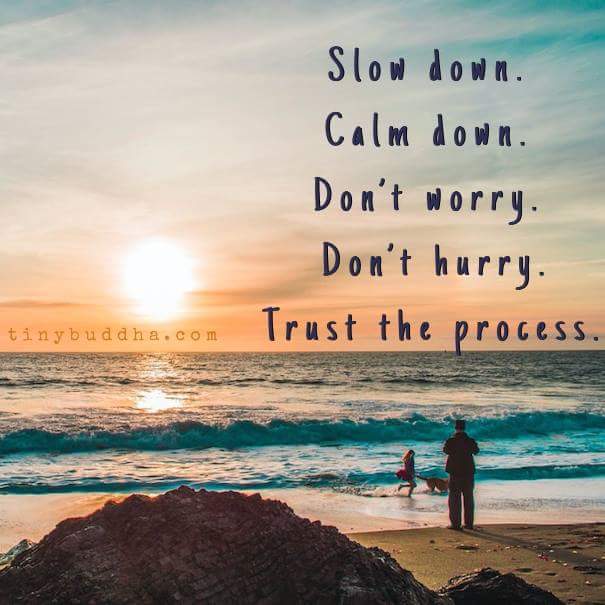
Not only did I accomplish just as much as I usually do, my stress level was much lower and my symptoms of my ear imbalances improved. It is definitely not better and I still need to see a doctor to determine the problem, but really making a point of slowing down has made a big difference. My pain from dystonia also decreased. I had a few hours of a few days that were really rough and would come out of nowhere. In other words, I did none of the usual stuff to trigger the symptoms, but all in all, I had some better days too.
Slowing down is not an easy thing for most of us to do, but very necessary. I have always been someone on the go, wanting to do as much as my health allows, and I often overdo it. I envision many of you nodding your head because I know this also describes you. What I know also describes many of you is that you wish to change this but don’t quite know how. First try what I mentioned above about slowing down and then what I share below.
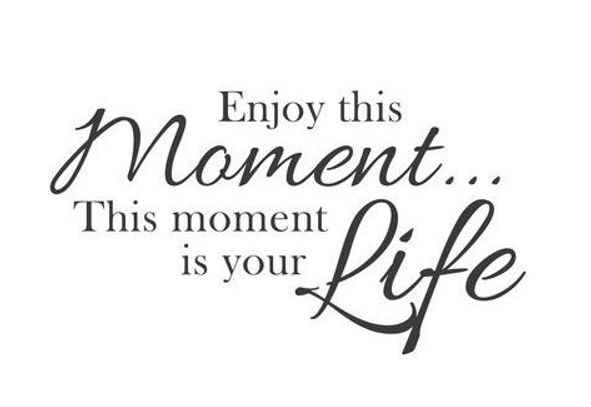 Look for opportunities each day to practice slowing down your mind, and even move your body more slowly if need be. Become very mindful of this. The old saying, take time out to smell the roses, is something that we should apply to our lives as often as we can. For example, when you see a sunrise or a sunset, stop and take notice for a few moments…or many moments. Get lost in the sky. The next time you get caught at a traffic light or stuck in traffic, be grateful that you are going slower. Embrace what it feels like to move more slowly. Be very mindful of how you move about your day. If you go to the store, rather than rush around to get from the car to the building, go half speed. When you are getting your groceries, move about the aisles more slowly. You can practice this type of behavior in your own home as well. When scheduling your day, whenever possible, space things out more to prevent any kind of rushing, which is always an adrenaline producing stressful scenario.
Look for opportunities each day to practice slowing down your mind, and even move your body more slowly if need be. Become very mindful of this. The old saying, take time out to smell the roses, is something that we should apply to our lives as often as we can. For example, when you see a sunrise or a sunset, stop and take notice for a few moments…or many moments. Get lost in the sky. The next time you get caught at a traffic light or stuck in traffic, be grateful that you are going slower. Embrace what it feels like to move more slowly. Be very mindful of how you move about your day. If you go to the store, rather than rush around to get from the car to the building, go half speed. When you are getting your groceries, move about the aisles more slowly. You can practice this type of behavior in your own home as well. When scheduling your day, whenever possible, space things out more to prevent any kind of rushing, which is always an adrenaline producing stressful scenario.
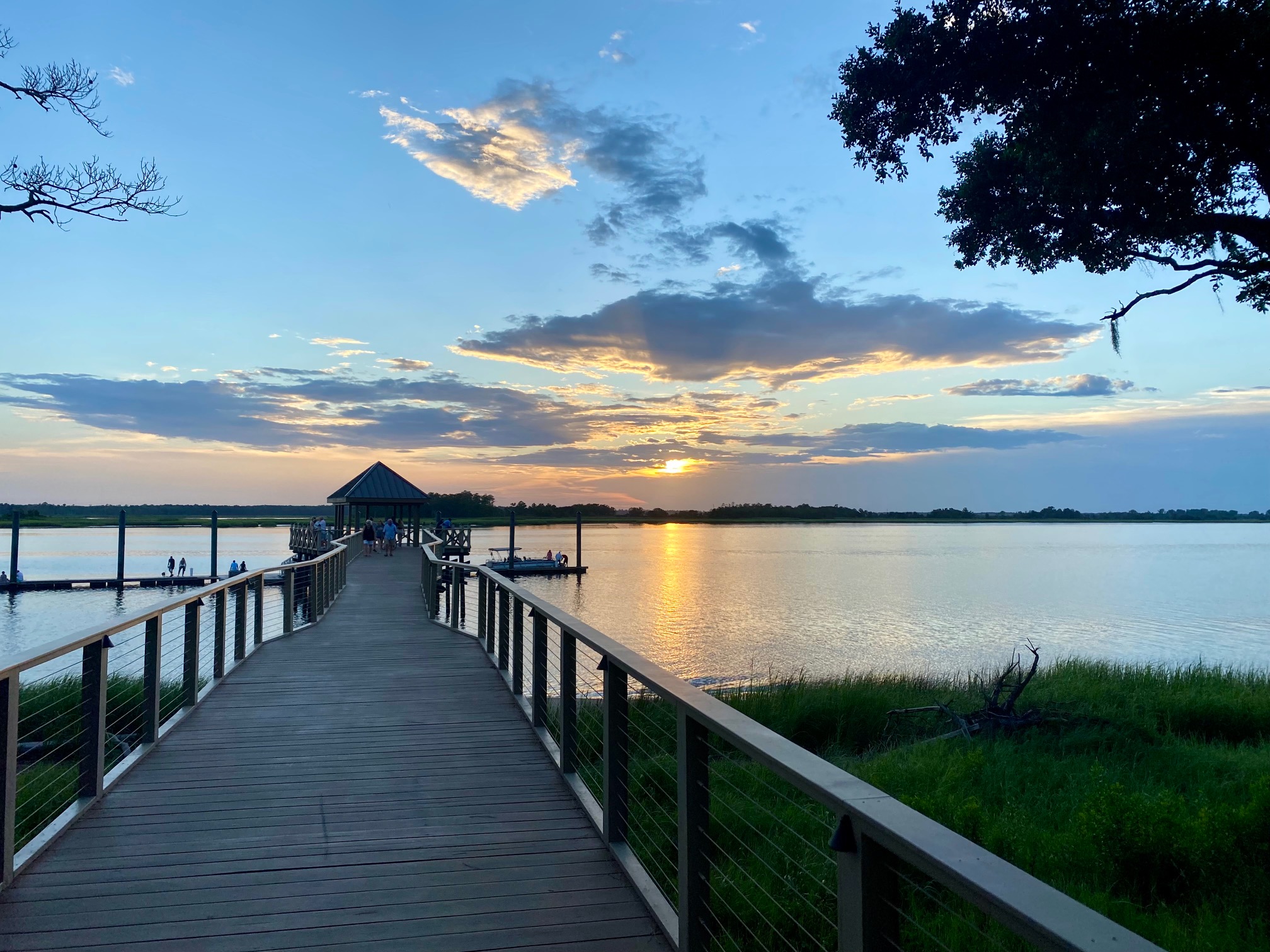
Life moves very quickly, but we don’t need to rush through it. Take time to enjoy the moments the best you can. Take today as the most important day in your life because today is all any of us are promised. Enjoy it, savor it, and really experience it with loving kindness for yourself, which results in us being healthier, calmer and better for those around us in our lives. When you wake up tomorrow morning, before your feet even hit the floor, say thank you for another day.


